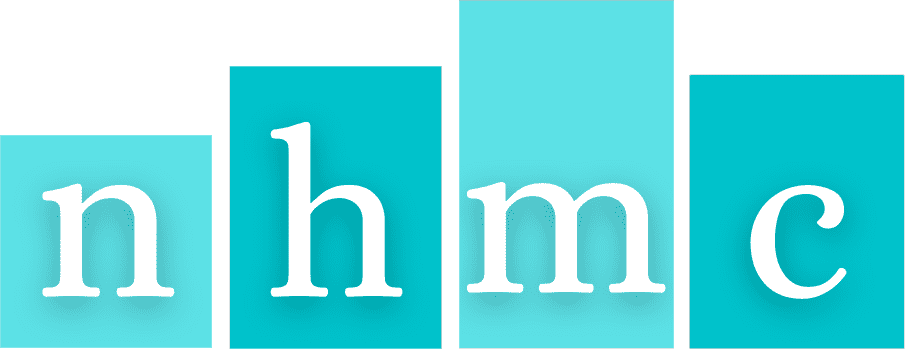In the months after Donald Trump was sworn in as president, civil rights groups and other social justice organizations began quietly comparing notes about their interactions with Facebook and Silicon Valley more broadly.
“The conversations started really informally, just collecting information. But what we learned was that we were getting played by Facebook and other big tech companies,” says Jessica González, co-CEO of the left-leaning media advocacy organization Free Press. “They had a very strategic appeasement strategy, where they gave us breadcrumbs, but in a way that made it look like they were doing such great work when in fact hate and disinformation were rampant on their site.”
The advocates tried to figure out how to get Facebook and other tech companies to take their complaints more seriously. Campaigns to get users to stay away from the platform, or to allow civil rights groups to alert the companies of hateful activities, largely sputtered. In 2018, Facebook announced it would undergo an audit to better understand how it was affecting communities of color and other marginalized groups, led by Laura Murphy, a highly regarded civil rights advocate. But a pivotal five-week stretch this past fall largely erased whatever goodwill was left.
On a Tuesday afternoon in late September, Clegg, Facebook’s head of policy and communications, announced the company was exempting politicians’ ads from its fact-checking process, arguing that the public should be able to see, and vet, what political leaders say. Clegg told me in an interview at the time that it was long-standing policy but that, “The purpose of it, I hope, was pretty clear, which was: This is what we’re doing ahead of 2020. These are our plans.”
Facebook’s critics took umbrage at both what Clegg said — revealing, they thought, that Facebook failed to grasp the history of American politicians stoking racial divisions — and when he said it. Color of Change, which was founded in the wake of Hurricane Katrina to organize African Americans online, and other groups had been working for months to pull together an event, called “Civil Rights x Tech,” with Facebook Chief Operating Officer Sheryl Sandberg; it was scheduled for just two days after Clegg’s speech. At the summit, against a backdrop of soaring brick walls and exposed piping in an events space in Atlanta’s West Midtown, Sandberg and Neil Potts, a Facebook public policy director, were pressed on what Clegg had said and reassured the advocates, González told me.
Two weeks later, Facebook announced that Zuckerberg would deliver a speech at Georgetown University laying out his thinking on “free expression.” He and Clegg previewed the speech with some of the civil rights leaders. Zuckerberg would be doubling down on the politicians’ exemption, while daring to draw a connection between Facebook and the importance of free speech in U.S. civil rights history, from Frederick Douglass to Martin Luther King Jr.

